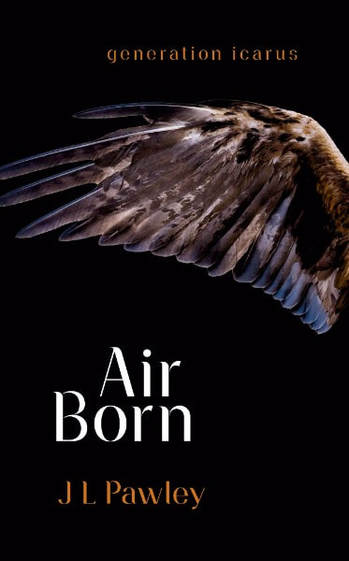
by J L Pawley
As a child I longed to fly, and I often experience intense flight dreams, where I soar through the sky without limits. Many readers will relate to this book’s concept as they, too, have dreamt about the freedom of flight. Later in life, I experimented with the adrenaline rush of skydiving, so I totally connected with the pre-flight suspense, and heart-stopping opening sequences of Air Born.
Generation Icarus is a new breed, engineered by science, revered by religious fanatics, and subjected to maniacal social media coverage. Relentlessly hunted, ‘The Flight’ strives to master their emerging abilities, and find answers to their predicament.
Multiple alternative points of view are used in first person, but each character and change is clearly marked at the start of the chapter. The different viewpoints add insight and depth to the storyline with emotional perspective, and reveal the characters’ backstories.
Set in the USA, the cast of characters is racially diverse, including a ‘kiwi’ connection.
The story flows well with appropriate pace, and includes: entertaining banter, teenage angst, and crushes.
The black matt background of the cover, especially on the back, overshadows the dark wing, and potential readers may overlook this cover and the plain spine, as they could blend into the line-up of books offered on the shelf, and that would be unfortunate, as the story within deserves reading not only by YA readers, but those who enjoy action and mystery, with a sci-fi twist.
If you’ve ever wished you could fly, then I strongly recommend you read ‘Air Born’.
Award Winning Children’s Author
Author: J L Pawley
Publisher: Steam Press
ISBN: 978 0 9941387 9 8
RRP: $19.99
Available: bookshops
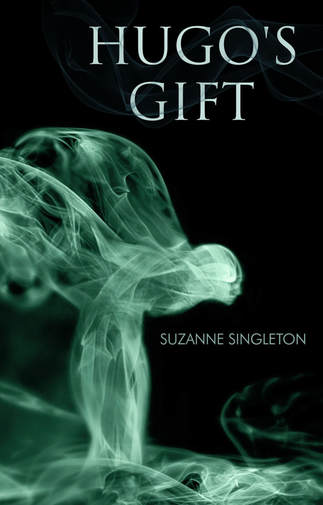
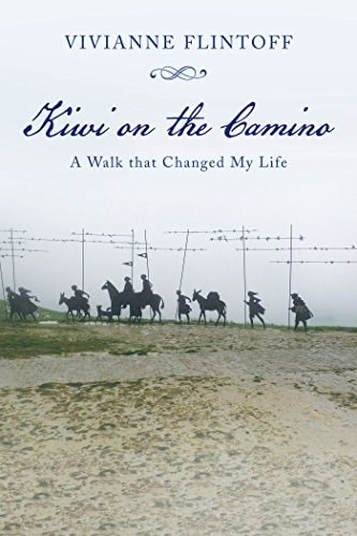
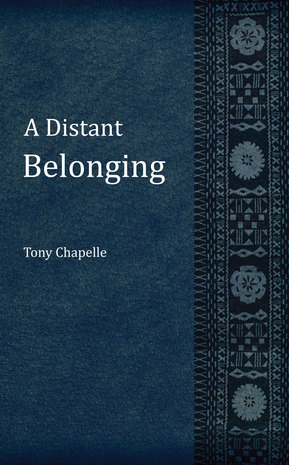
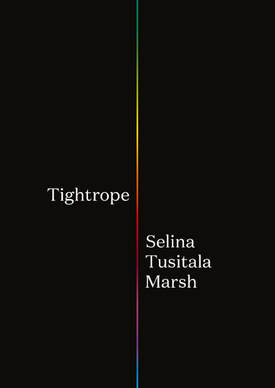
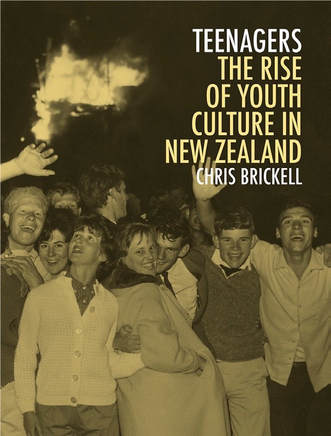

 RSS Feed
RSS Feed
